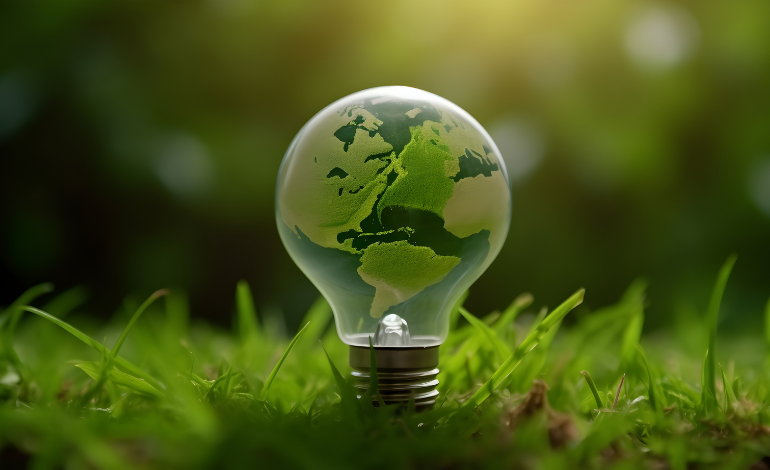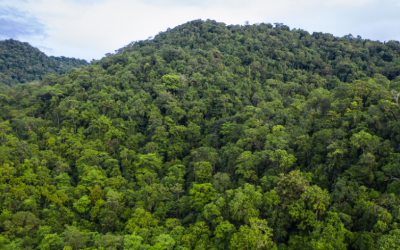Australia and Papua New Guinea (PNG) have taken significant strides in their collaboration to enhance renewable energy infrastructure, addressing the growing demand for reliable and sustainable electrification across PNG. This partnership is marked by several key initiatives aimed at bolstering PNG’s energy sector, with a particular focus on renewable energy sources.
One of the primary projects under this partnership is the substantial repair and upgrade of the Ramu 1 hydropower station in Kainantu, Eastern Highlands Province. This upgrade has unlocked an additional 17 megawatts of generation capacity for the Ramu grid, significantly improving power reliability in major centers such as Madang, Morobe, and the Highlands region. Similarly, improvements at the Rouna hydropower stations in Sogeri, Central Province, have enhanced both reliability and generation capacity, with further upgrades anticipated in early 2024.
Additionally, Australia has committed to enhancing the Port Moresby grid by installing new capacitor banks and transformers at crucial substations. These interventions are designed to strengthen power stability and mitigate instances of power outages within the region.
Another notable achievement is the completion of two solar farms in West Sepik and the Autonomous Region of Bougainville. These solar farms are expected to provide electricity to more than 50,000 households, demonstrating the impact of renewable energy solutions in remote areas. The Australian Infrastructure Financing Facility for the Pacific (AIFFP) has been instrumental in this effort, providing a $229 million grant and concessional loan package to support the repair and upgrade of key energy assets in PNG.
The partnership also includes the Off-Grid Renewable Energy Partnerships, which aim to deliver reliable and sustainable energy to remote and rural communities in PNG. These projects, launched under the Australian Government’s Pacific Climate Infrastructure Financing Partnership (PCIFP), involve collaboration with local businesses to increase the adoption of solar energy and create job opportunities, particularly for women in these communities.
In addition to these efforts, the United Nations Development Programme (UNDP) and the Climate Change and Development Authority (CCDA) of PNG are working together to promote community participation in renewable energy projects. This includes the development of mini-hydropower projects and workshops to guide local stakeholders on implementing renewable energy solutions, further supporting PNG’s goal of generating 100 per cent of its electricity from renewable sources by 2050.



